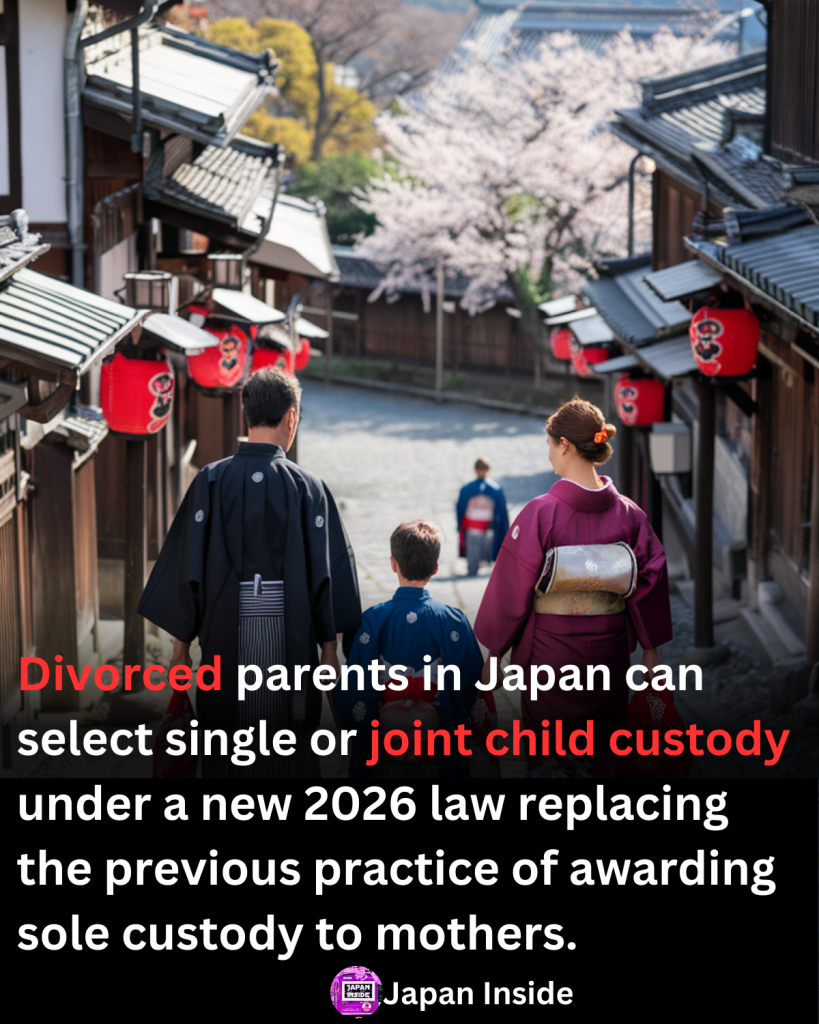Japan Joins Global Trend Towards Equal Parenting Rights for Divorced Couples
Japan’s parliament has passed a landmark revision to the country’s civil code, allowing divorced parents to choose joint custody of their children for the first time. The new law brings Japan in line with global norms and aims to uphold children’s rights to have access to both parents after a divorce.

Under the existing sole custody system dating back nearly 80 years, Japanese family courts have overwhelmingly granted custody to just one divorced parent, usually the mother. This has led to many cases of so-called “parental child abduction,” where one parent takes the children and cuts off access for the other parent.
The issue has been particularly problematic for foreign nationals divorced from Japanese spouses, some of whom have accused their former partners of abducting their children to Japan where they then lose custody rights. Several high-profile cases highlighted by European authorities helped propel the custody law reform.
“This revision allows both divorced parents to take part in childrearing,” said Justice Minister Masako Mori. “It reflects a global shift towards upholding the principle of gender equality in parenting duties and rights.”
When the new system takes effect in 2026, divorced couples in Japan will be able to opt for joint legal custody, requiring them to cooperate on major decisions like education and medical care for their children. If joint custody is not chosen, physical custody will go to one parent as before.
The changes aim to eliminate so-called “parental kidnapping” risks by maintaining legal custody ties between children and both parents after divorce. Courts will arbitrate disputes if parents cannot agree on custody arrangements.
However, critics including women’s rights groups warn the joint custody system could endanger domestic violence victims by forcing them to maintain ties with abusive former partners. The law allows sole custody if abuse is proven, but opponents say this safeguard is insufficient.
“Victims may not be truly free to negotiate fair custody terms out of fear,” said lawyer Harumi Okamura. “The state should make children’s safety the utmost priority.”
For many years, Japan stood almost alone among developed nations in not having joint custody laws, out of step with global principles affirmed by the UN Convention on the Rights of the Child. While obstacles remain, this revision signals Japanese family law is modernizing to meet contemporary ethical and gender norms.
Foreign parents contesting for access to children through international custody disputes with Japanese ex-spouses now have hope that neutral courts will aim to uphold children’s interests in maintaining bonds with both mothers and fathers after divorce.